 This is the thirteenth weekly installment featuring highlights from the 20 chapters in the new book,Deaf Eyes on Interpreting edited by Thomas K. Holcomb and David H. Smith which was released in June by Gallaudet University Press.
This is the thirteenth weekly installment featuring highlights from the 20 chapters in the new book,Deaf Eyes on Interpreting edited by Thomas K. Holcomb and David H. Smith which was released in June by Gallaudet University Press.
In her chapter, Amy June Rowley explains why she refuses to subject her own Deaf children to interpreter-mediated education, based on her own personal experiences growing up in mainstreamed programs. In addition, she cites studies showing how Deaf students are being serviced by poorly qualified interpreters in many mainstreamed programs.
Rowley emphasizes several points: young Deaf students in mainstreamed settings are often isolated without full access to language, culture and social opportunities. Interpreters may be the only persons with knowledge of Deaf culture and ASL, yet many interpreters do not have a clear understanding of the scope of their roles. In fact, Interpreter Training Programs often put their students in educational settings as internships, giving the message that this is an appropriate place in which to start their careers. Rowley disagrees and sees it as a place for experienced interpreters with many years of experience.
She recommends interpreters partner with members of the Deaf Community and educators of Deaf children to give Deaf children the best, most supported start.
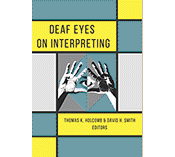
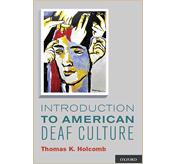

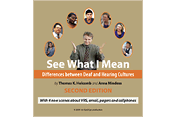
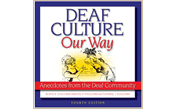

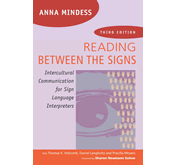

Pingback: Hey Listen, Mainstreamed Deaf Children Deserve More! – From Deaf Eyes on Interpreting | Deaf Culture That